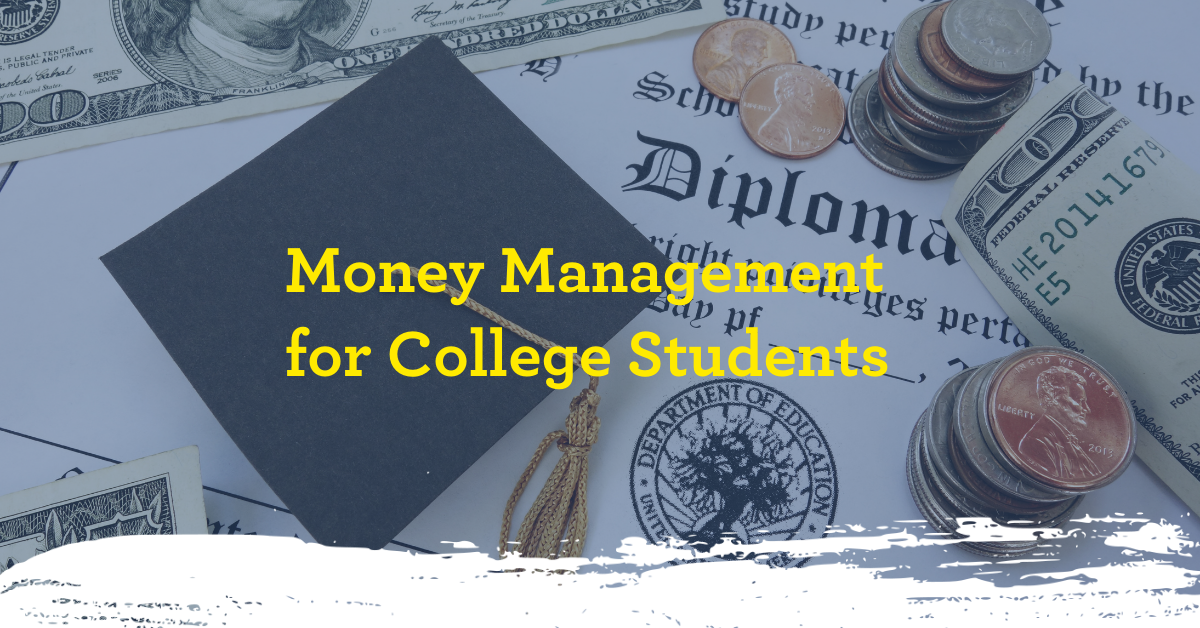I had a chance to join Jason Feinberg on FOX 5 Las Vegas’ More Money program to discuss strategies for money management for college students. Check out our conversation below.
INTERVIEW
Jason Feinberg: While my 18 year old self wishes I had the information that our next guest is going to give us when it comes to saving for college and the future, because let’s face it when you’re young, saving is not top of mind. Joining me now is the CEO of Brokers International, Mark Williams. I mean, Mark, I mean, college students, if they find beer for $1 versus $2, that, you know, at least they’re conscious about it. But I don’t think that’s exactly what you’re talking about.
Mark Williams: No, no, I like the thinking!
Jason Feinberg: Right, right, exactly. I mean, it’s a step in the right direction. But Mark, not only is preparing for college difficult, should students, should they be worried about financial planning that young?
Mark Williams: I don’t think worried. But I think habits start young. So the first thing we always think about is starting to learn those habits. And the first one is to save for yourself. Put a little bit of money away. And as goofy as it may sound, if it’s only a couple dollars a week or $5 or $10 a week, get in the habit of saving and watching that savings account grow. Eventually that will be more fun than spending money on that extra beer.
Jason Feinberg: Yeah, exactly. And better for your body as well. Now the idea, though, for planning for the future, it just may seem a bit foreign. What should they be doing to ensure financial success now and in the future? I know that was a great tip as far as putting a couple bucks away every every time you can.
Mark Williams: You bet. So first, let’s start about college life. Student loans: Many students will have student loans. The first thing you want to do is see if you can refinance those loans or only borrow what you need. Try not to borrow excessively, because you’ll end up spending it. Maybe buy used books, or rent your books, as opposed to buying new —another cost-saving measure which will come in handy — and build that habit of looking for deals. But also credit cards. Get yourself a credit card, be very careful how you use it, and try or attempt to pay it off monthly. Start to build yourself some credit. And a small credit card or a credit card with a small dollar limit amount does just that, starts to build your credit.
Jason Feinberg: And you’re doing I’ll stop, I’ll interrupt you for one second, but you’re doing exactly what the credit card companies don’t want you to do. By listening to this interview, they want you to get the credit card and and go into debt so they can get the interest. But like you said, if you could, that’s where the discipline happens, at a young age, if you can pay that off every month.
Mark Williams: You bet. That and start, you can open yourself up a retirement account, an individual retirement account, there are many types. And you can start putting away very small amounts of money. But the earlier you start to save, the bigger the rewards you’ll have in the future. It’s one of the best tips for building your financial future is starting to save for your retirement, believe it or not, when you’re young. That compound interest will grow and grow. And you’ll end up having more in your nest egg the earlier you start.
Jason Feinberg: Yeah, absolutely. And now what about, you know, students that don’t have any source of income? I mean, I know for instance, I was able to get a part-time job. And not only did that help with a little bit of money, but it was a clothing store. So I was able to get a discount on the clothes.
Mark Williams: You bet. Part-time work, number one, gets you in the habit of working. It also gets you understanding how much goes to taxes. So you learn, you learn to start to plan, start to budget. Even if you can pick up just a few hours of work, even on campus. Starting to get that idea of what a paycheck is, how often you get it, how much comes out in taxes, really gives you a good idea of what happens when you enter the workforce and you have a full-time job. So you bet. Get yourself, start working immediately.
Jason Feinberg: Sounds good. All right. On our next segment, let’s teach them how to write a check. That’s going to be near impossible very soon. We appreciate it. Mark. Thank you.
Mark Williams: Thank you. Thanks for having me on the show.

